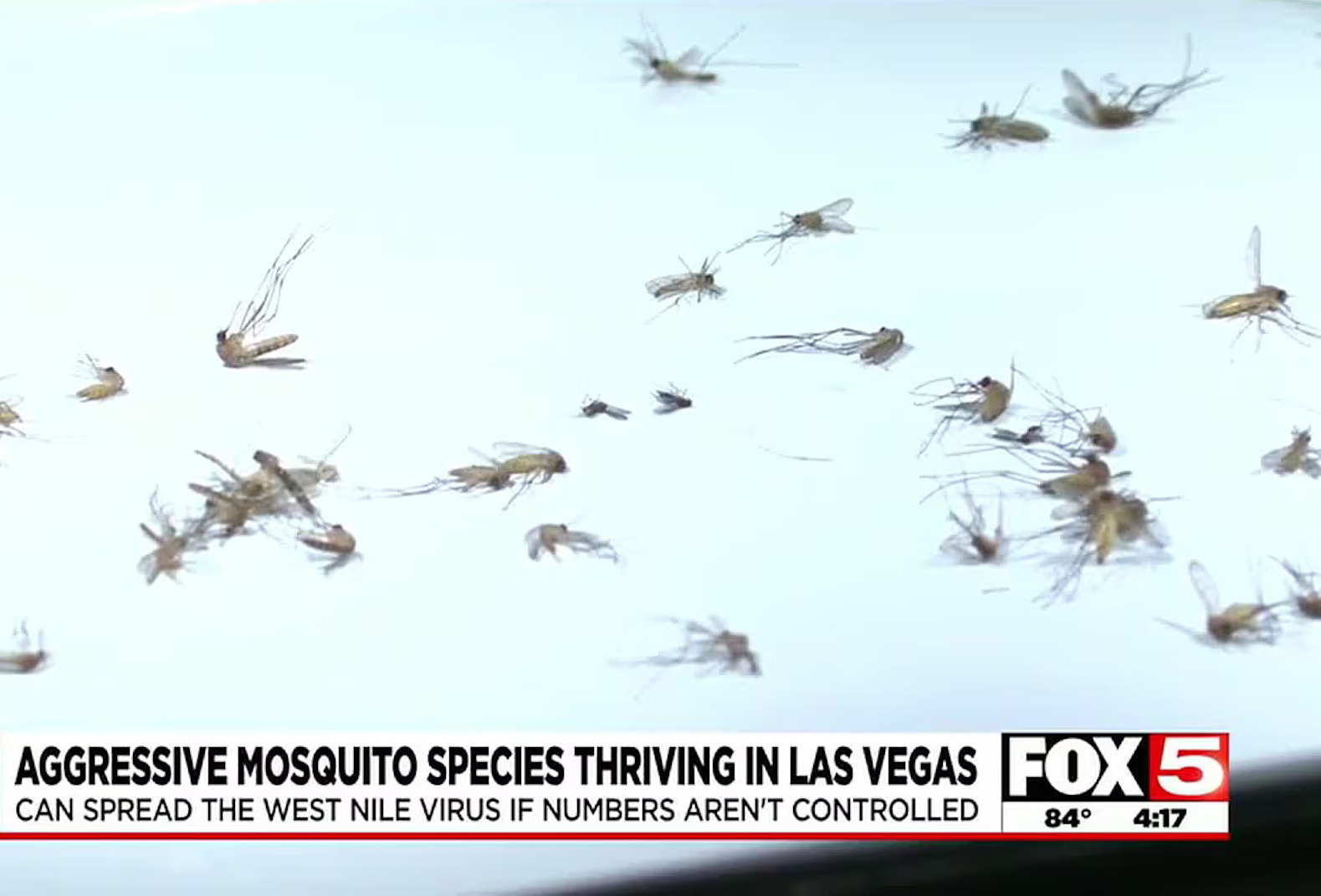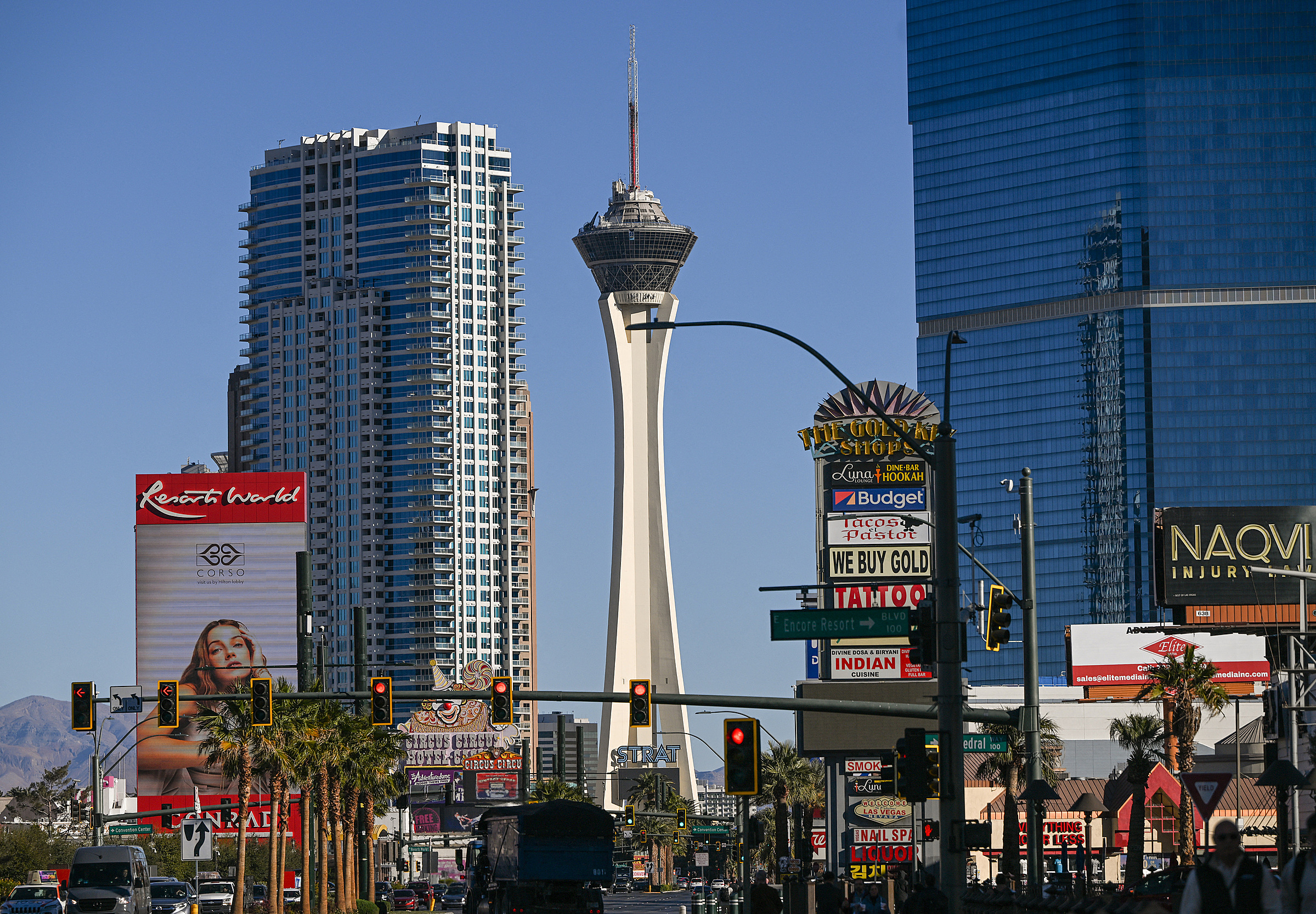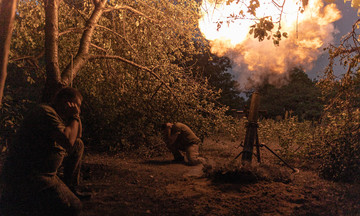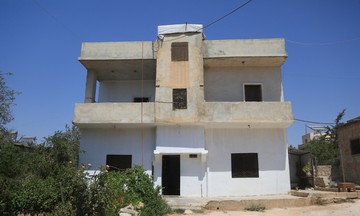Many Americans once believed that mosquitoes, insects that thrive in hot, humid, tropical climates, couldn't survive in arid desert regions like Nevada. However, Las Vegas is proving them wrong.
The mosquito population in southern Nevada is exploding due to climate change, urbanization, genetic adaptation, and growing resistance to insecticides. Las Vegas and the rest of Clark County are caught off guard.
"People think mosquitoes can't thrive in desert conditions, but clearly, the species here have adapted to the local ecosystem," said Louisa Messenger, an environmental health specialist at the University of Nevada, Las Vegas.
Thriving species include the Aedes aegypti mosquito, a vector for dengue fever, and the Culex mosquito, which can carry the West Nile virus. University of Nevada researchers have found that Las Vegas mosquitoes are developing a resistance to insecticides, posing a threat to public health in the tourist city.
"It's like a ticking time bomb," Messenger said, referring to the risk of infectious disease outbreaks, viruses, and dengue fever.
 |
Mosquitoes rampant in Las Vegas, 2023. Photo: FOX5 |
Mosquitoes rampant in Las Vegas, 2023. Photo: FOX5
Experts are concerned about Las Vegas's vulnerability to mosquito-borne illnesses, especially with the rise of dengue fever in North and South America, with 13 million cases across the continent in 2024. Officials also detected record-high levels of West Nile virus-positive mosquitoes last year.
"Las Vegas welcomes over 48 million visitors annually. It only takes a few mosquito bites for a virus to begin spreading," Messenger warned.
This year, health officials haven't reported any human cases of West Nile virus. Messenger noted that scientists haven't yet pinpointed the specific factors that trigger outbreaks from year to year.
"We've observed overlapping factors that are difficult to isolate. The only certainty is that some years see significant outbreaks, while others have none. It's very unpredictable," the University of Nevada specialist explained.
What's happening in Las Vegas is also being observed throughout Nevada's southwestern desert and beyond.
Records from Southern Nevada health officials show mosquitoes have been present throughout the Las Vegas Valley for years, mostly carrying infectious diseases. The Aedes aegypti mosquito population has boomed since it was first detected in Las Vegas.
 |
Downtown Las Vegas, Nevada. Photo: AFP |
Downtown Las Vegas, Nevada. Photo: AFP
Besides the risk of a dengue fever outbreak, Aedes aegypti mosquitoes are aggressive daytime biters. Unlike Culex mosquitoes, which prefer to breed near large bodies of water, Aedes aegypti mosquitoes lay their eggs in stagnant water.
"Just a few centimeters of water is enough, like rainwater collected in old tires, wheelbarrows, or small containers. This is one reason why they spread so quickly," said Vivek Raman, the county's mosquito surveillance program manager.
Las Vegas’s urbanization has inadvertently fueled the mosquito spread. According to Messenger, golf courses, artificial lakes, and other forms of irrigation have transformed the Nevada desert into an ideal mosquito breeding ground.
Climate change may also be a factor, as warmer weather increases humidity and rainfall, two conditions favorable for mosquito proliferation.
The Southern Nevada Health District is implementing public awareness programs about preventing mosquito bites and eliminating breeding sites around homes. Experts recommend that local authorities coordinate action soon to control the risks posed by the mosquito surge.
In the coming years, prevention and disease control will be key to preventing the mosquito "ticking time bomb" from detonating and protecting residents and tourists in Las Vegas, according to Messenger.
Duc Trung (According to NBC News, AP)












